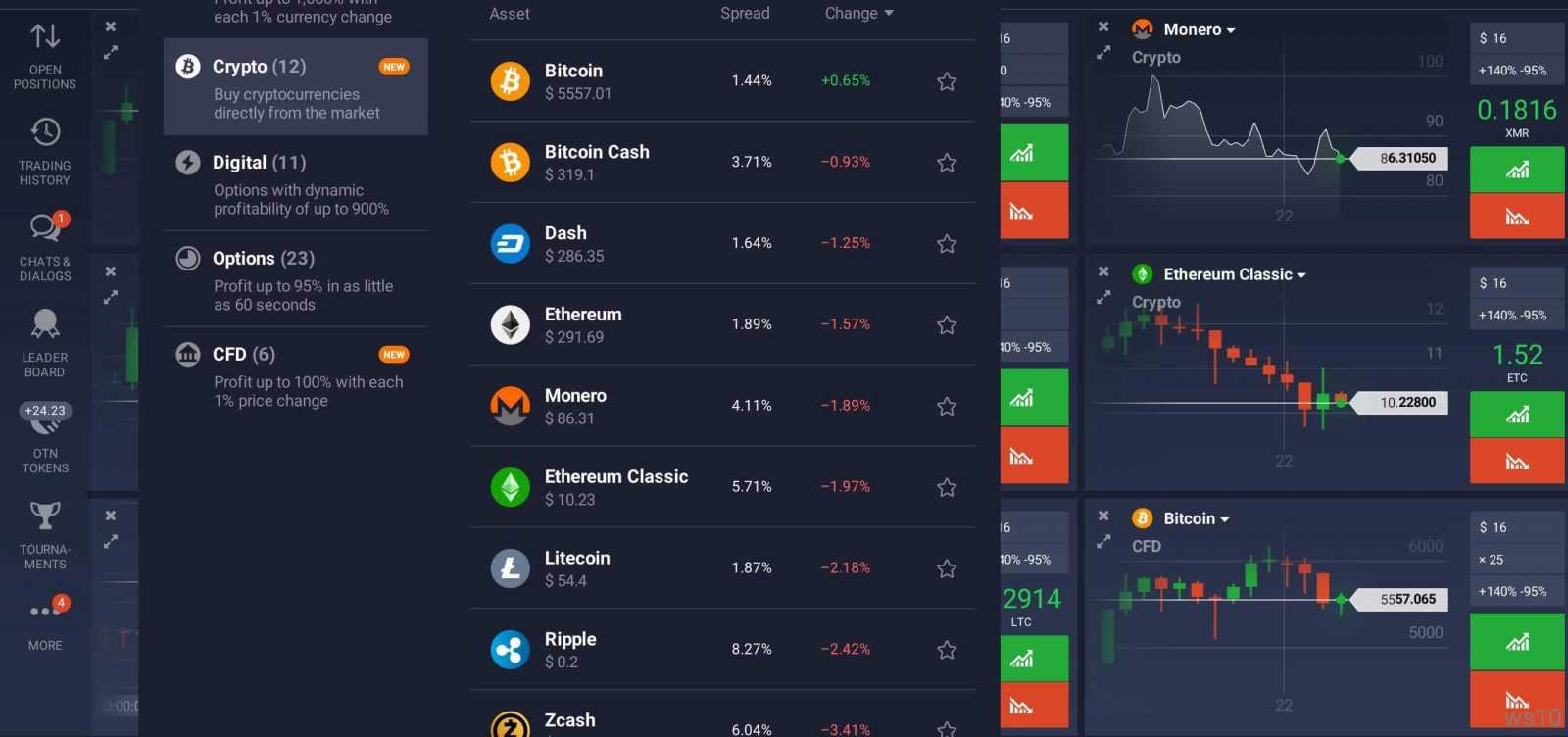Warren buffett cryptocurrency
Created in 2009 by Satoshi Nakamoto, bitcoin (BTC) is the original cryptocurrency. As with most cryptocurrencies, BTC runs on a decentralised blockchain technology, which is a ledger logging transactions distributed across a network of thousands of computers. https://weststarrottweilers.com/history-of-the-shar-pei-breed/ Because additions to the distributed ledgers must be verified by solving a cryptographic puzzle, a process called proof of work, bitcoin is kept secure and safe from fraudsters.
If you buy and sell coins, paying attention to cryptocurrency tax rules is important. Cryptocurrency is treated as a capital asset, like stocks, rather than cash, which means that you need to pay your marginal tax rates on any capital gains or income earned from crypto when you register your return with the ATO. You can read our guide to crypto and tax in Australia.
Somewhat later to the crypto scene, Cardano (ADA) is notable for its early embrace of proof-of-stake validation. This method expedites transaction time and decreases energy usage and environmental impact by removing the competitive, problem-solving aspect of transaction verification in platforms like bitcoin. Cardano also works like Ethereum to enable smart contracts and decentralised applications, which ADA, its native coin, powers.
In January 2024 the SEC approved 11 exchange traded funds to invest in Bitcoin. There were already a number of Bitcoin ETFs available in other countries, but this change allowed them to be available to retail investors in the United States. This opens the way for a much wider range of investors to be able to add some exposure to cryptocurrency in their portfolios.

Trading cryptocurrency
The total crypto market volume over the last 24 hours is $226.6B, which makes a 24.59% decrease. The total volume in DeFi is currently $9.37B, 4.14% of the total crypto market 24-hour volume. The volume of all stable coins is now $210.31B, which is 92.81% of the total crypto market 24-hour volume.
At the time of writing, we estimate that there are more than 2 million pairs being traded, made up of coins, tokens and projects in the global coin market. As mentioned above, we have a due diligence process that we apply to new coins before they are listed. This process controls how many of the cryptocurrencies from the global market are represented on our site.
Play-to-earn (P2E) games, also known as GameFi, has emerged as an extremely popular category in the crypto space. It combines non-fungible tokens (NFT), in-game crypto tokens, decentralized finance (DeFi) elements and sometimes even metaverse applications. Players have an opportunity to generate revenue by giving their time (and sometimes capital) and playing these games.

The total crypto market volume over the last 24 hours is $226.6B, which makes a 24.59% decrease. The total volume in DeFi is currently $9.37B, 4.14% of the total crypto market 24-hour volume. The volume of all stable coins is now $210.31B, which is 92.81% of the total crypto market 24-hour volume.
At the time of writing, we estimate that there are more than 2 million pairs being traded, made up of coins, tokens and projects in the global coin market. As mentioned above, we have a due diligence process that we apply to new coins before they are listed. This process controls how many of the cryptocurrencies from the global market are represented on our site.
Cryptocurrency
As compensation for spending their computational resources, the miners receive rewards for every block that they successfully add to the blockchain. At the moment of Bitcoin’s launch, the reward was 50 bitcoins per block: this number gets halved with every 210,000 new blocks mined — which takes the network roughly four years. As of 2020, the block reward has been halved three times and comprises 6.25 bitcoins.
On 30 April 2021, the Central Bank of the Republic of Turkey banned the use of cryptocurrencies and cryptoassets for making purchases on the grounds that the use of cryptocurrencies for such payments poses significant transaction risks.
A cryptocurrency is a digital or virtual currency secured by cryptography, which makes it nearly impossible to counterfeit or double-spend. Most cryptocurrencies exist on decentralized networks using blockchain technology—a distributed ledger enforced by a disparate network of computers.
Over the past few decades, consumers have become more curious about their energy consumption and personal effects on climate change. When news stories started swirling regarding the possible negative effects of Bitcoin’s energy consumption, many became concerned about Bitcoin and criticized this energy usage. A report found that each Bitcoin transaction takes 1,173 KW hours of electricity, which can “power the typical American home for six weeks.” Another report calculates that the energy required by Bitcoin annually is more than the annual hourly energy usage of Finland, a country with a population of 5.5 million.


